"Inertia leading Serbia in tragic direction was broken"
Aleksandar Vučić has stated that the country's biggest problem was inertia that led it in a tragic direction, but that the government has managed to break it.
Monday, 02.09.2013.
12:16

BELGRADE Aleksandar Vucic has stated that the country's biggest problem was inertia that led it in a tragic direction, but that the government has managed to break it. However, the government still has not managed to redirect it to what will be the inevitable results of the current policy - better life in a better country, integrated into European development and civilization trends, Vucic said in an interview for the Sunday edition of Zagreb-based daily Jutarnji List. "Inertia leading Serbia in tragic direction was broken" "What burdens me, and I believe that the situation is similar in Croatia, is the atmosphere of negativism: nothing is good, nothing can be done... I would like us to initiate and encourage more optimism, confidence, positive attitude towards ourselves and towards what can be defined as success, progress," Vucic stressed. When told that in Croatia, but also in other countries, he is considered to be the most powerful man in Serbia, he noted that he personally would not talk about the categories of power. "I believe that the support the Serbian citizens are giving to what I personify as the most exposed and perhaps the most dynamic person at this moment is defined incorrectly, and it may sound immodest, but I am someone who very courageously tries to get Serbia back on the track that will make it become appreciated, economically stronger and that will make it possible for its citizens to be more satisfied." "We decided that we will make key steps towards Europe, which we have done, and that we will also make key breakthroughs when it comes to Kosovo, in only one year. This support is also a form of consensus with regard to the policy we are pursuing, difficult decision we are making and to being principled in the fight against corruption, European integration, efforts to have a better life..." he stated. Asked about the fight against corruption, Vucic said that the government inherited a lot of unresolved injustices and that the citizens are sensitive to this. "We are checking dubious privatizations which are loosely linked to the largest centers of power, because it is difficult to make any breakthroughs until these injustices are corrected," he added. Vucic also added that there are open issues between Serbia and Croatia, relating to "how to resolve problems produced by people from the past times who would rather continue "the cold war" or a real war, who would wage a war for no reason, that is wishing to prevent the emancipation of our societies and states." He said that, for example, the issue of boundaries between Serbia and Croatia is "a complex and difficult" process, but added he is confident that the two countries can reach a final solution through compromise. "It is very important for us to abandon the current state of "cold peace" and to level-headedly start following a proactive path," Vucic stressed. He reiterated that "the hardest days" for Serbia were those when the Croatian military-police Operation Storm was carried out in 1995, when more than 200,000 Serbs were expelled from Croatia. "We believe that this was the biggest ethnic cleansing in Europe after World War II. I said several times that our views and the perception of certain events from our past do not correspond and are often completely different. However, I said recently that we in Serbia have despised the criminals who killed people on our behalf and that I expect everyone else to do the same," Vucic concluded. (Tanjug, file) Jutarnji list Tanjug
"Inertia leading Serbia in tragic direction was broken"
"What burdens me, and I believe that the situation is similar in Croatia, is the atmosphere of negativism: nothing is good, nothing can be done... I would like us to initiate and encourage more optimism, confidence, positive attitude towards ourselves and towards what can be defined as success, progress," Vučić stressed.When told that in Croatia, but also in other countries, he is considered to be the most powerful man in Serbia, he noted that he personally would not talk about the categories of power.
"I believe that the support the Serbian citizens are giving to what I personify as the most exposed and perhaps the most dynamic person at this moment is defined incorrectly, and it may sound immodest, but I am someone who very courageously tries to get Serbia back on the track that will make it become appreciated, economically stronger and that will make it possible for its citizens to be more satisfied."
"We decided that we will make key steps towards Europe, which we have done, and that we will also make key breakthroughs when it comes to Kosovo, in only one year. This support is also a form of consensus with regard to the policy we are pursuing, difficult decision we are making and to being principled in the fight against corruption, European integration, efforts to have a better life..." he stated.
Asked about the fight against corruption, Vučić said that the government inherited a lot of unresolved injustices and that the citizens are sensitive to this.
"We are checking dubious privatizations which are loosely linked to the largest centers of power, because it is difficult to make any breakthroughs until these injustices are corrected," he added.
Vučić also added that there are open issues between Serbia and Croatia, relating to "how to resolve problems produced by people from the past times who would rather continue "the cold war" or a real war, who would wage a war for no reason, that is wishing to prevent the emancipation of our societies and states."
He said that, for example, the issue of boundaries between Serbia and Croatia is "a complex and difficult" process, but added he is confident that the two countries can reach a final solution through compromise.
"It is very important for us to abandon the current state of "cold peace" and to level-headedly start following a proactive path," Vučić stressed.
He reiterated that "the hardest days" for Serbia were those when the Croatian military-police Operation Storm was carried out in 1995, when more than 200,000 Serbs were expelled from Croatia.
"We believe that this was the biggest ethnic cleansing in Europe after World War II. I said several times that our views and the perception of certain events from our past do not correspond and are often completely different. However, I said recently that we in Serbia have despised the criminals who killed people on our behalf and that I expect everyone else to do the same," Vučić concluded.






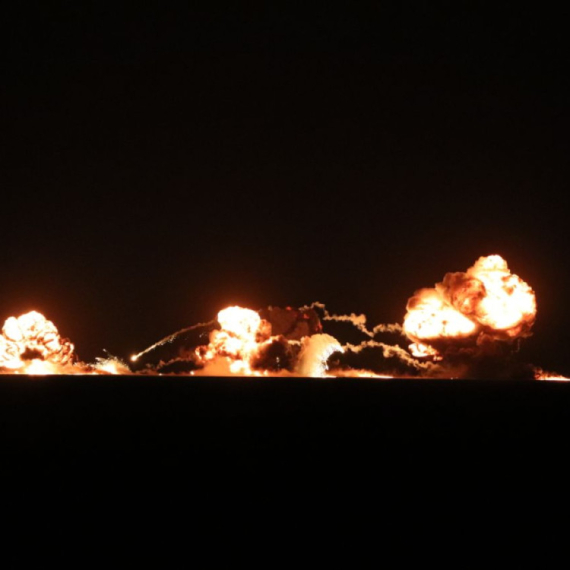





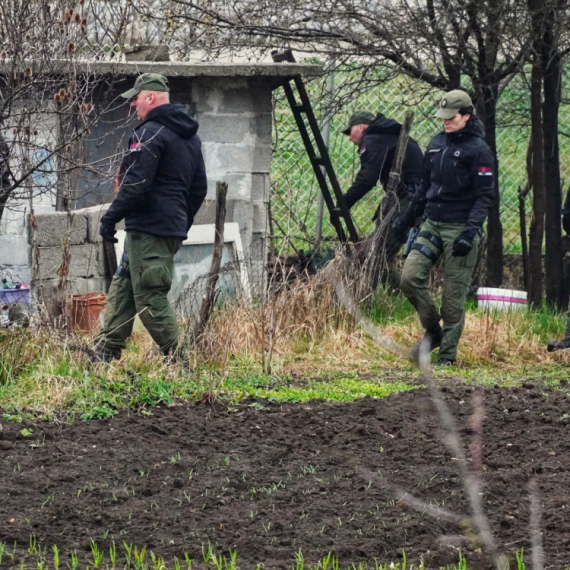
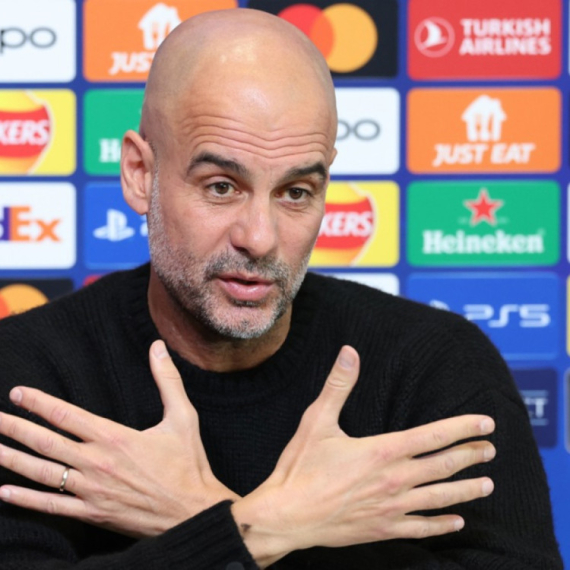
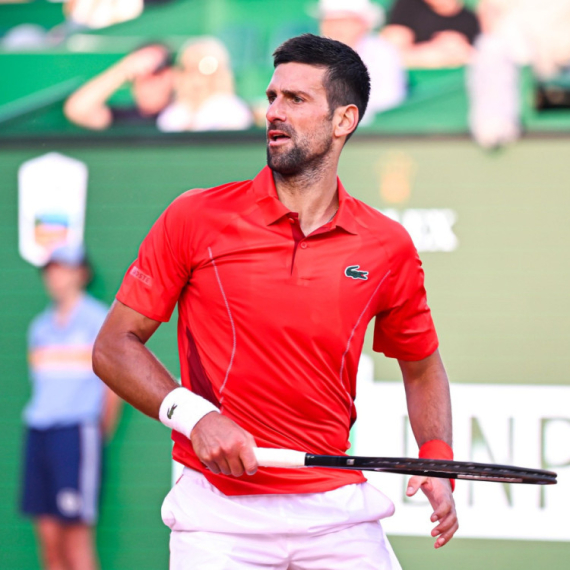
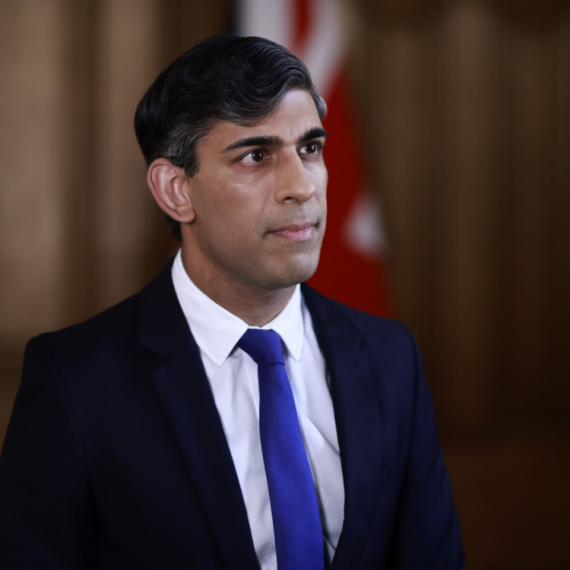
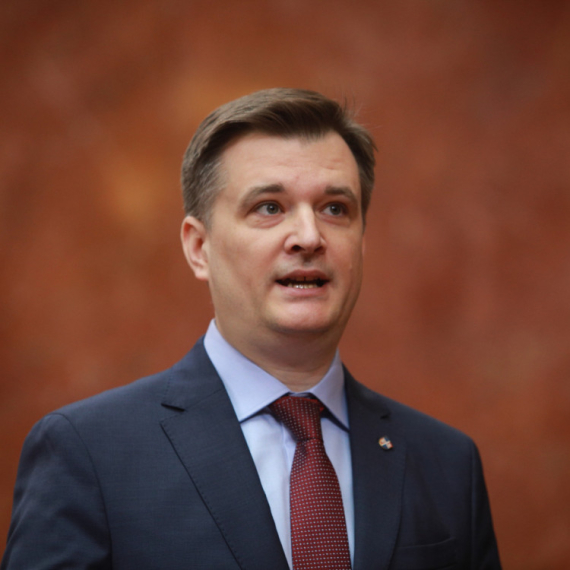
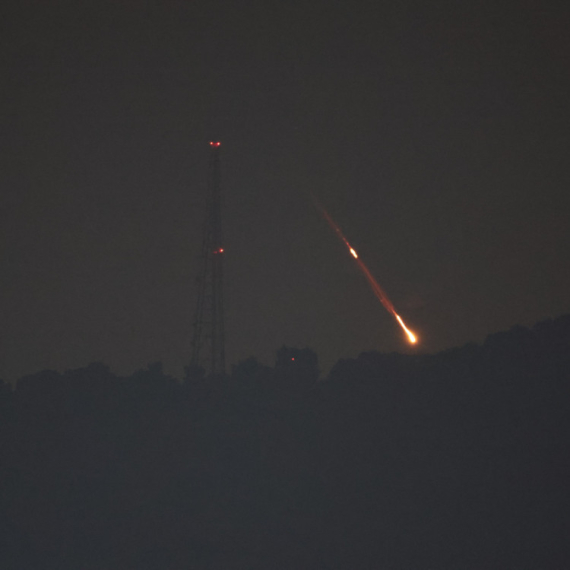
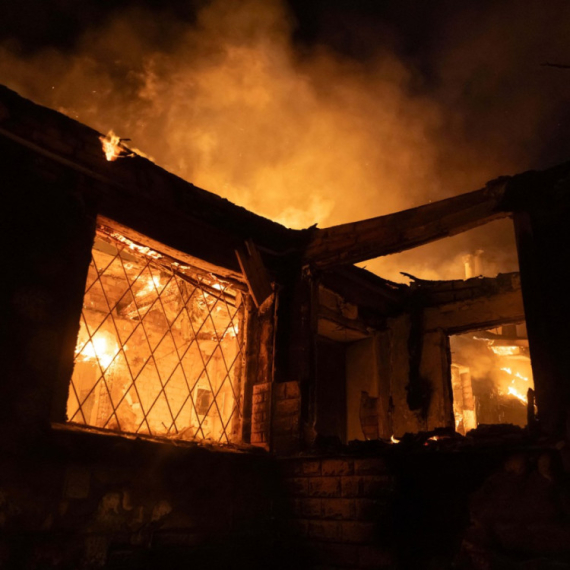
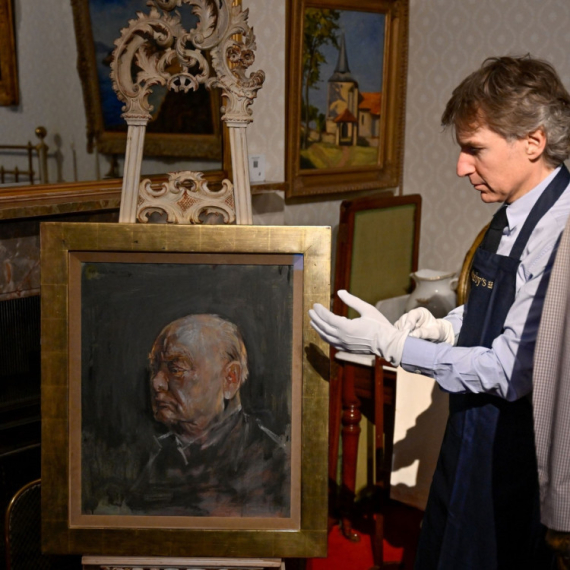


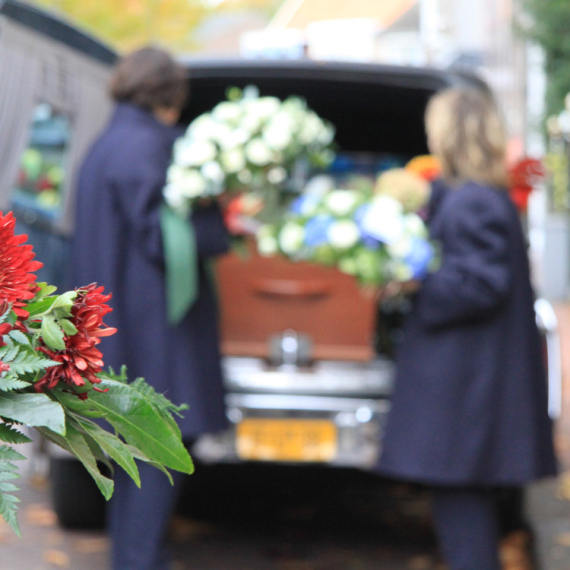











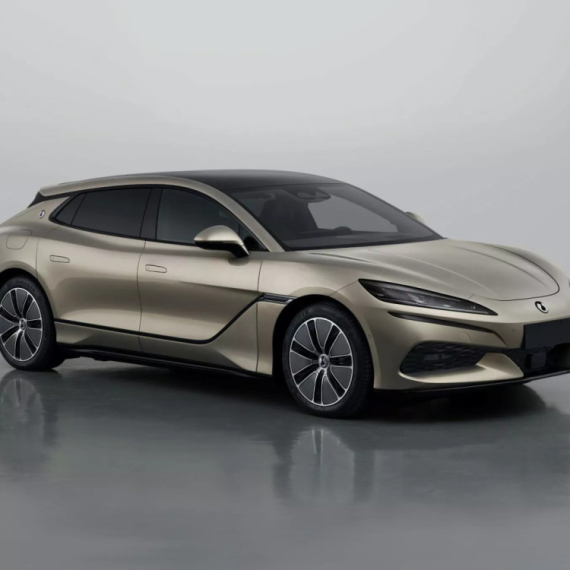




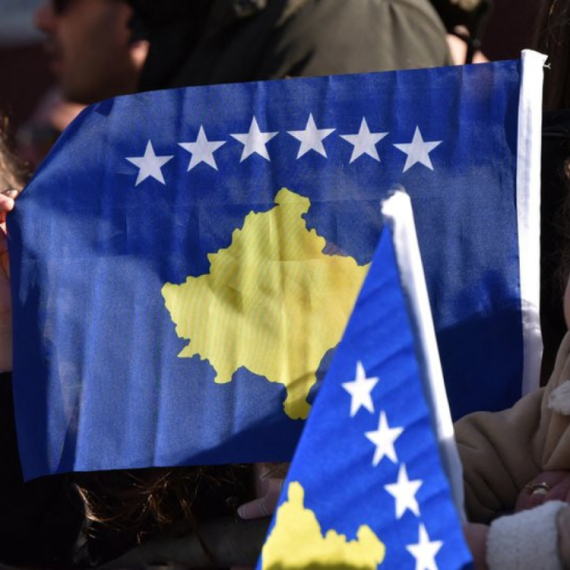





Komentari 1
Pogledaj komentare